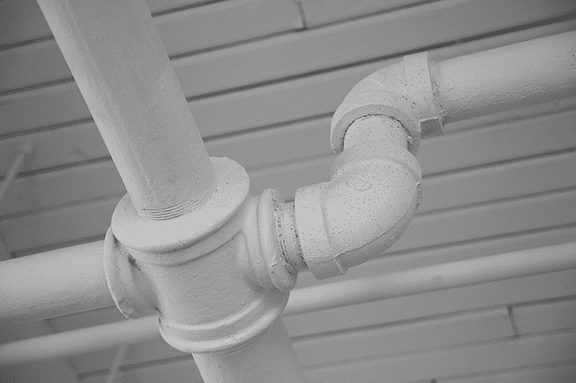
It is essential to prevent plumbing emergencies in your house because they are disastrous. Plumbing issues can even make your property uninhabitable. That is why most homeowners dread it. The majority of things that lead to plumbing emergencies are preventable with proper maintenance.
It is far cheaper to prevent plumbing emergencies than to handle the outcome. Constant water supply to the toilet, bathroom, and kitchen depends on the plumbing system. Despite this, most people undervalue the plumbing system of their house. Sometimes, you may tend to forget the plumbing because it stays hidden from our sights. You only remember them when there is a malfunction.
However, this should not be the case. The plumbing system is responsible for the sanitary conditions that you enjoy at home. Even when plumbing emergencies are rampant, most homeowners overlook the imminent signs. They only tackle the issue when the plumbing fails to function or causes damage to other areas. By that time, the cost of repairing the problems will be higher.
To prevent damage to the property and the high cost of repairing faulty plumbing, below are the common plumbing emergencies to avoid.
1. LEAKY FAUCETS AND FIXTURES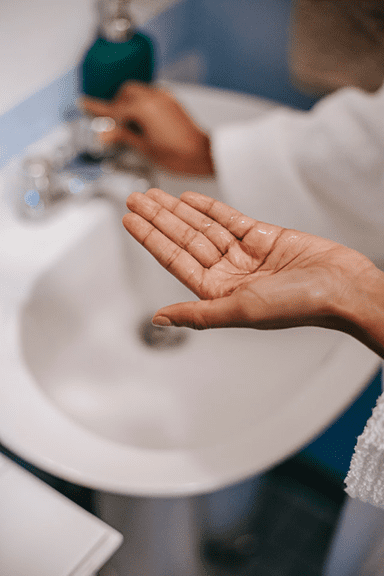
There are several reasons you do not want to have leaky faucets and fixtures in your home. They can make you have high water bills, give you rusty pipes, cause mold growth, and lead to other features of water damage. The primary cause of leaky faucets is worn-out gaskets and washers.
If you do not attend to it, the leaks can lead to structural damage. Anytime you notice a leak on your property, get a professional plumber to fix or replace damaged parts. Don’t wait until the damage becomes extensive before you attend to it.
2. BURST PIPES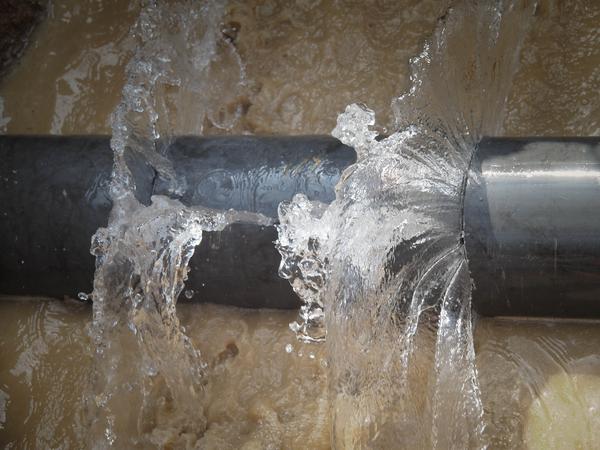
Several issues can lead to burst pipes. During the cold season, your pipes may freeze and burst. But this is not the only time you can experience burst pipes. It can also happen during spring, summer, or fall. In this case, it results from high water pressure or corrosion.
When you have a burst pipe, you will hear a loud “popping” sound. Some homeowners may not pay attention to it. A burst pipe is a severe emergency that requires urgent attention. You can prevent burst pipes during winter by allowing trickles of warm water to flow through them.
Another way to prevent burst pipes during extreme cold is to wrap foam insulation over them. Also, ensure that you heat your home above 55 degrees Fahrenheit.
During other seasons, you can monitor and regulate the water pressure in your pipes to prevent them from getting too high. Get a professional plumber to assess the water pressure in your home. If it is too high, they will help you to reduce it. Plumbers do this by installing a pressure valve to lower it.
3. FROZEN PIPES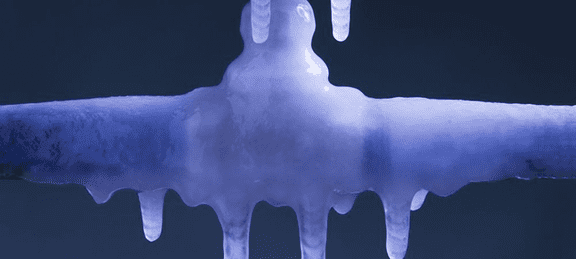
When water freezes, it expands. So if your pipes are frozen, the water expansion can make the pipes burst. Although frozen pipes are widespread in empty homes where no one uses the water, they still occur in occupied houses. If you do not thaw water from the lines when it starts freezing, you can have burst pipes.
To prevent frozen pipes, we recommend that you set your home’s thermostat to 55 degrees Fahrenheit. Also, allow the warm water to keep trickling out from the taps during extreme cold. It would be best if you keep the cabinet doors open. Doing so will allow heat from the home’s central heater to reach the pipes under the cabinets. If you notice that your pipes are frozen, do not hesitate to call a plumber.
4. SEWER BACKUPSewer backup is a terrible incident you do not want in your home. The signs that you may be having a sewer backup include foul smells from the drains, water pooling around pipes, gurgling toilets, or multiple drain clogs. Your sewer can back up when you have clogged pipes, blockage from hair grease, toilet paper, or tree roots interfering with the sewer lines. Contact a plumber immediately, if you notice any sign of sewer backup in your property.
5. CLOGGED DRAINS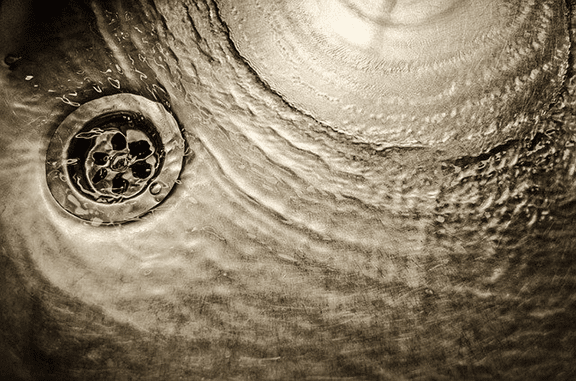
When you have a clogged drain, the showers, tubs, and sinks will retain water. Sometimes, the water may drain slowly. But in severe cases, they do not drain at all. Popular objects that can clog your drains include toys, soap chunks, lard, or hair. To remedy this situation, you can use a drain cleaner, plunger, or drain snake.
When you cannot solve the problem, call a plumber at once. You can prevent this issue by using a hair catcher in your shower. Also, avoid flushing objects, wipes, or paper towels down your toilet.
THE BOTTOM LINEDo not wait until your plumbing system develops an emergency before you act. Always contact professional plumbers to maintain your plumbing and advise you accordingly.
Comments
Post a Comment